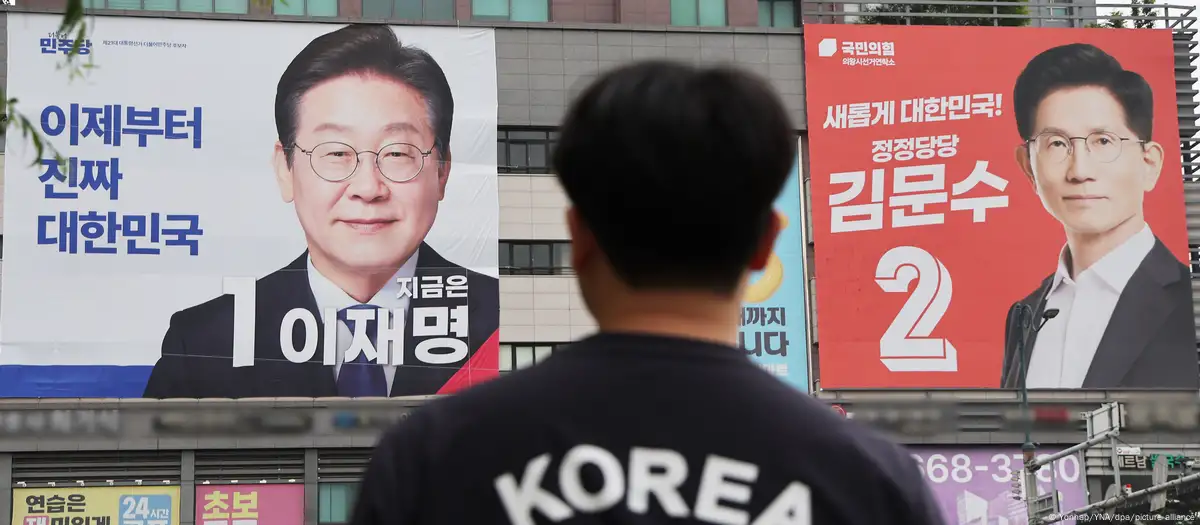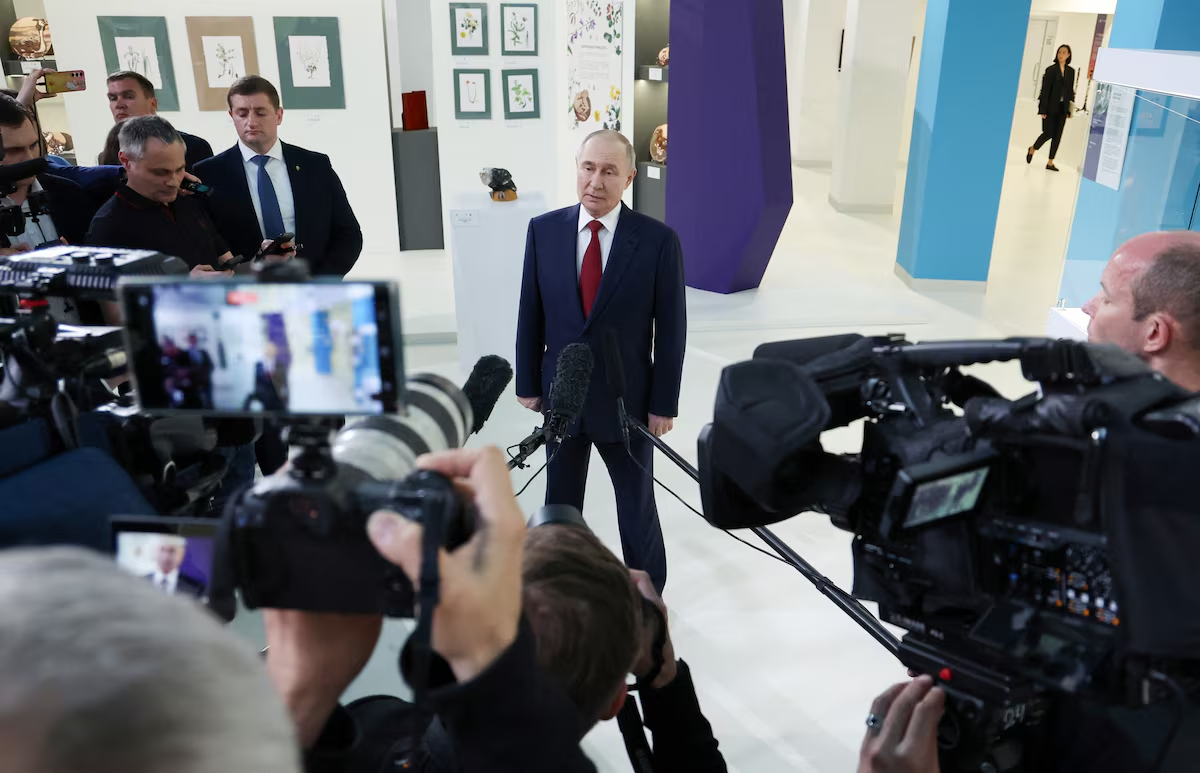South Koreans headed to the polls on Tuesday, June 3, to vote in a snap presidential election triggered by the abrupt resignation of President Yoon Suk-yeol. The election, which comes months ahead of schedule, has plunged the nation into a high-stakes political transition amid economic pressures, regional security concerns, and widespread public dissatisfaction with the outgoing administration.
Polls opened at 6:00 a.m. local time and are set to close at 6:00 p.m., with preliminary results expected late Tuesday evening. Millions of South Koreans are casting their ballots to select a new leader who will serve the remainder of Yoon’s term, following his surprise resignation in April amid mounting scandals and approval ratings that had plunged below 25%.
The leading contenders in the race include opposition lawmaker Lee Jae-myung of the Democratic Party and former Prime Minister Han Duck-soo of the conservative People Power Party (PPP). Also in the running are several independent and minor-party candidates who have gained traction by criticizing both major political blocs and pledging reform.
Lee, who narrowly lost to Yoon in the 2022 election, has centered his campaign on expanding welfare, tackling youth unemployment, and pushing for diplomatic engagement with North Korea. Han, on the other hand, has campaigned on economic stability, strengthening the U.S.-South Korea alliance, and continuing conservative fiscal policies.
Voter turnout is expected to be high, driven by widespread public frustration over housing affordability, inflation, corruption, and regional tensions. Analysts say that the election outcome could have significant implications for South Korea’s foreign policy direction, particularly regarding North Korea, China, and the United States.
The National Election Commission reported smooth operations in the early hours of voting, with no major disruptions. More than 10 million South Koreans had already cast early votes over the weekend, reflecting a strong interest in the unprecedented snap election.
Security has been tightened across major cities amid concerns of potential unrest or foreign interference. Cybersecurity teams have been monitoring online platforms for disinformation and election tampering attempts, though no serious threats have been reported.
The snap election marks the first time in over a decade that South Korea has had to elect a president outside of the regular five-year cycle. Yoon’s resignation, which followed investigations into alleged abuse of power and political favoritism, has left a political vacuum and increased uncertainty among investors and international partners.
The new president will be tasked with uniting a deeply polarized electorate and restoring public confidence in the executive office. Whoever wins will face immediate challenges, including managing slowing economic growth, navigating geopolitical tensions in Northeast Asia, and responding to domestic demands for greater transparency and reform.
With polls still ongoing, South Koreans await the results of a race that may reshape the nation’s political landscape and determine its trajectory for years to come.
Source; DW News



